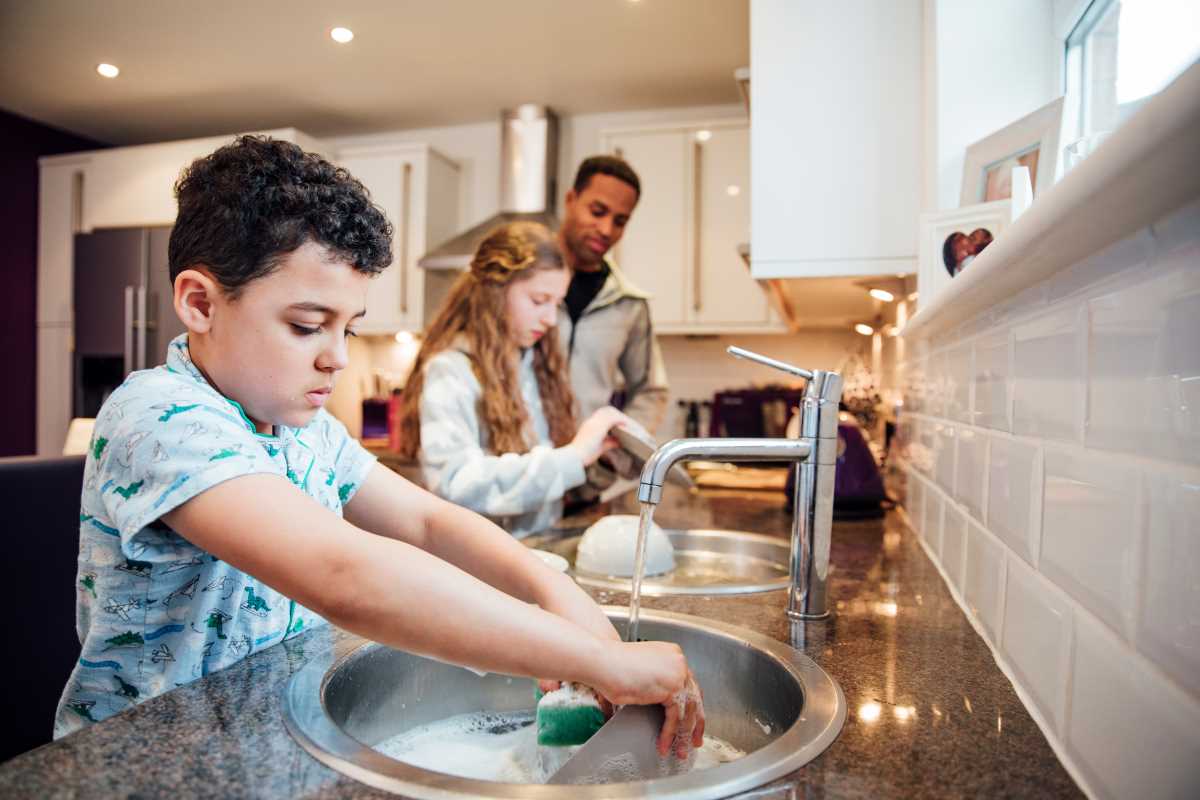Children often need encouragement and guidance when it comes to helping with household chores. Turning daily tasks into meaningful experiences helps them build responsibility, develop time management skills, and master practical abilities they will use for years to come. When adults make chores fun and suitable for each child’s age, they create moments for learning and connection. Involving kids in home routines goes beyond keeping the house tidy; it gives them a sense of accomplishment and belonging. These shared activities not only teach important lessons but also strengthen family relationships as everyone works together toward common goals.
Understanding the importance of early responsibility helps children develop independence and self-confidence. Instead of viewing chores as chores, see them as stepping stones toward adulthood. When kids see that their contributions matter, they feel more invested in their family and community. This shift in perspective encourages a sense of ownership and pride in completing tasks, which benefits their emotional well-being and character development.
Fresh Perspectives on Early Responsibility
Encouraging children to take charge of small responsibilities from a young age sets the foundation for a responsible future. Instead of assigning chores as a burden, frame them as opportunities to learn new skills and contribute meaningfully. When children understand that their actions have a tangible impact on the household’s well-being, they become more motivated to participate willingly.
Sharing stories of how chores help build skills like problem-solving, organization, and patience can inspire children to see chores differently. For example, cooking a meal together teaches planning and sequencing, while tidying up teaches organization. These lessons go beyond the task itself, fostering habits that will serve them in school and later in their careers.
Fun Ways to Make Chores Engaging
1. Kitchen Timer App
Purpose: Turn cleaning into a game by racing against the clock.
- How it works:
- Use a colorful timer app to set time limits for each chore.
- Kids try to beat the countdown, turning tidying into a fun challenge.
- Insider tip: Offer small rewards (like a sticker or extra story time) for finishing tasks on time to boost motivation.
2. Chore Chart with Stickers
Purpose: Provide visual feedback and track progress.
- How it works:
- Create a chart and add a sticker or stamp for each chore completed.
- Watch progress build over days or weeks.
- Cost: Basic craft supplies
- Tip: Hang the chart in a visible spot (e.g., on the fridge) to encourage daily participation.
3. Music Playlist
Purpose: Make chores more enjoyable and energetic.
- How it works:
- Play upbeat songs during cleanup sessions.
- Kids can dance and sing along as they work.
- Tip: Let children pick their favorite tracks to give them a sense of control and ownership.
4. Family Chore Night
Purpose: Turn cleaning into a team activity.
- How it works:
- Choose one night per week for a shared cleaning session.
- Add fun elements like dance breaks or storytelling.
- Cost: Minimal
- Tip: Use a group reward (like a movie or treat) to celebrate after the work is done.
5. Creative Cleaning Tools
Purpose: Make tools feel fun and personalized.
- How it works:
- Use themed items like superhero sponges or animal-shaped dustpans.
- Kids are more likely to engage with tools they find exciting.
- Insider tip: Let each child choose their own tool to increase their investment in the task.
Step-by-Step Approach to Assigning Tasks
- Identify age-appropriate chores: Tailor tasks to match each child's developmental level. For example, toddlers can help put away toys, while older children can do laundry or wash dishes. Know what each child can handle confidently to foster success and avoid frustration.
- Explain and demonstrate: Clearly describe how each chore should be done, then demonstrate the proper method. Use simple language and visual cues if needed. Repetition and patience are key to ensuring understanding and correct execution.
- Set clear expectations and routines: Establish consistent schedules for chores, such as morning or after-school times. Create a routine so children know when and how chores fit into their day, reducing resistance and confusion.
- Offer choices and autonomy: Allow children to select from a list of chores or decide the order in which they complete tasks. Giving some control boosts motivation and makes chores feel less like an imposition.
- Provide feedback and rewards: Praise efforts sincerely, and offer small incentives like stickers or extra playtime for completed chores. Recognize progress to build confidence and encourage ongoing participation.
Addressing Common Challenges
Turn resistance into engagement by listening, adjusting expectations, and adding creativity to chores. Break tasks into small steps, use visual cues, and celebrate progress to build positive habits. With patience and encouragement, chores become a chance for growth, not conflict.
 (Image via
(Image via





